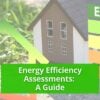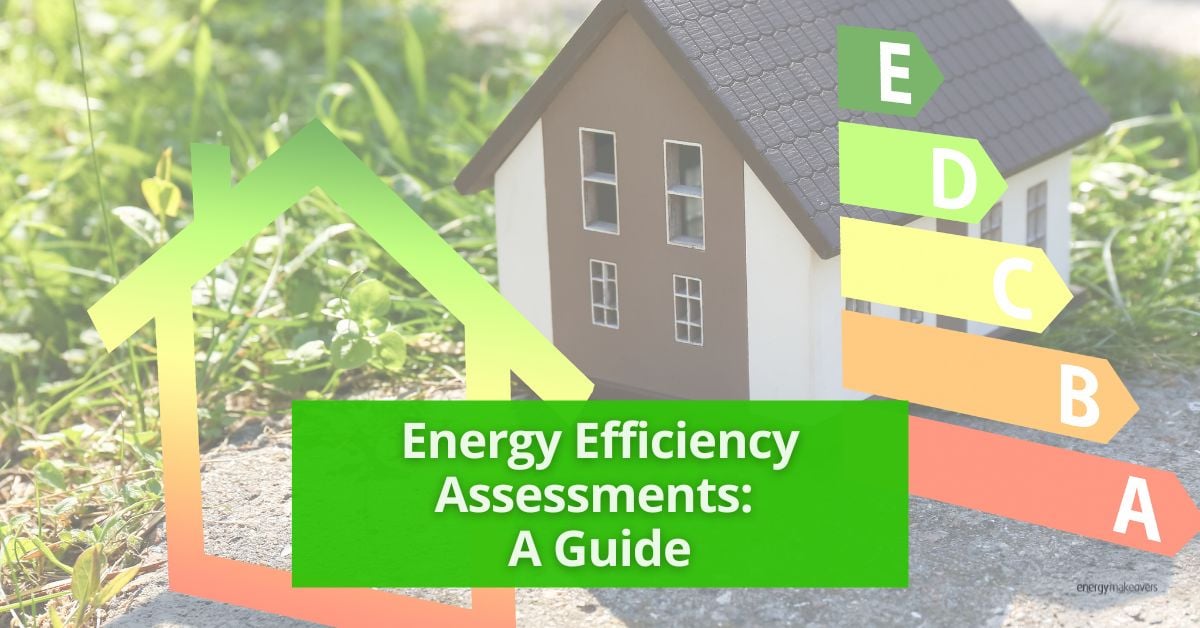
After the Paris climate agreement in 2016, our Federal Government and individual state governments have strived to reach their targets of reducing business and individual demands on energy. They’ve done this through incentivised, and enforced energy efficiency implementations, as well the diversification of our country’s energy portfolio, via solar, wind and hydro.
As such, over the last decade, awareness of subsidised programs and incentives to encourage efficiency upgrades like insulation, LEDs and Hot Water Heat Pumps, have grown. There are plenty of energy efficiency upgrades available as we type, and they vary dependent on the state you’re in. You can use this website to see which you might be eligible for.
With so many incentives coming and going, varied across states and whether they’re for homes or businesses, it can be confusing which you might be eligible for. Not only that, but it can be different for renters and homeowners, homes and businesses, as well as which outdated appliance/circumstance you might have that could benefit from upgrade. This is where an energy efficiency assessment could come in handy.
We have been offering home energy efficiency assessments for over a decade, but it’s a service our customers are asking for more frequently, so we wanted to elaborate on exactly what an energy efficiency assessment is, how it can help your family, and whether it’s right for your home.
Let’s dive in at the start…
Enquire Now Call us
Or Jump Straight To The Subtopic:
What is a Home Energy Efficiency Assessment?
Who Needs An Energy Efficiency Assessment?
Why Get An Energy Efficiency Assessment?
How an Energy Efficiency Assessment is Conducted
Who Undertakes an Energy Efficiency Assessment – How are they qualified?
How we calculate energy efficiency
What is a Good Energy Efficiency Score?
What is a Bad Energy Efficiency Score?
What is The Minimum Energy Efficiency Rating Required For a Home in Victoria?
How To Improve Your Energy Efficiency Starting Now
How to Improve Your Home’s Energy Efficiency Going Forward
What is a Home Energy Efficiency Assessment?
A home energy assessment, also known as a home energy audit, is an evaluation of your home’s energy usage and efficiency. The Federal Government have an explainer all about them here.
An energy efficiency expert examines various aspects of your home, such as insulation, windows, heating and cooling, and appliances, to identify areas where energy is being wasted. They will also check for air leaks and assess the overall efficiency of the home’s systems.
A quick example is the incandescent light globe. It’s a small change, but they are outrageously inefficient, burning red hot and detouring 95% of their energy use not into lighting the elements, but in heating them. This would be checked by an energy efficiency expert.
Who Needs An Energy Efficiency Assessment?
An energy efficiency assessment (energy efficiency audit) can benefit many Victorians (or Australians) including:
- Homeowners: If you own your home, an assessment helps you identify ways to lower energy bills, improve comfort, and increase the value of your property by making energy-efficient upgrades. As a homeowner you have the benefit of not needing to seek permission for upgrades and might be eligible for more incentives than a renter that cannot make significant changes to a property.
- Landlords: Property owners can improve the energy efficiency of rental properties, making them more attractive to tenants, and reducing ongoing energy costs. Energy-efficient homes may also meet regulatory requirements in some areas and future-proof the property.
- Renters: Renters can request an assessment to find ways to lower their energy usage and make their living space more comfortable, even if they don’t own the property.
- Real Estate Agents: Acting on behalf of property owners, real estate agents can help identify improvements that increase the marketability of a home by enhancing its energy efficiency.
- People Planning Renovations: An assessment is ideal before undertaking any renovations, allowing homeowners to incorporate energy-efficient features into their plans.
- Anyone Seeking to Lower Energy Bills: Whether you own or rent, an assessment can help you identify cost-effective ways to reduce energy consumption and cut down on utility costs.
Essentially, anyone interested in improving energy efficiency, reducing energy costs, or making environmentally friendly upgrades would benefit from an energy efficiency assessment.
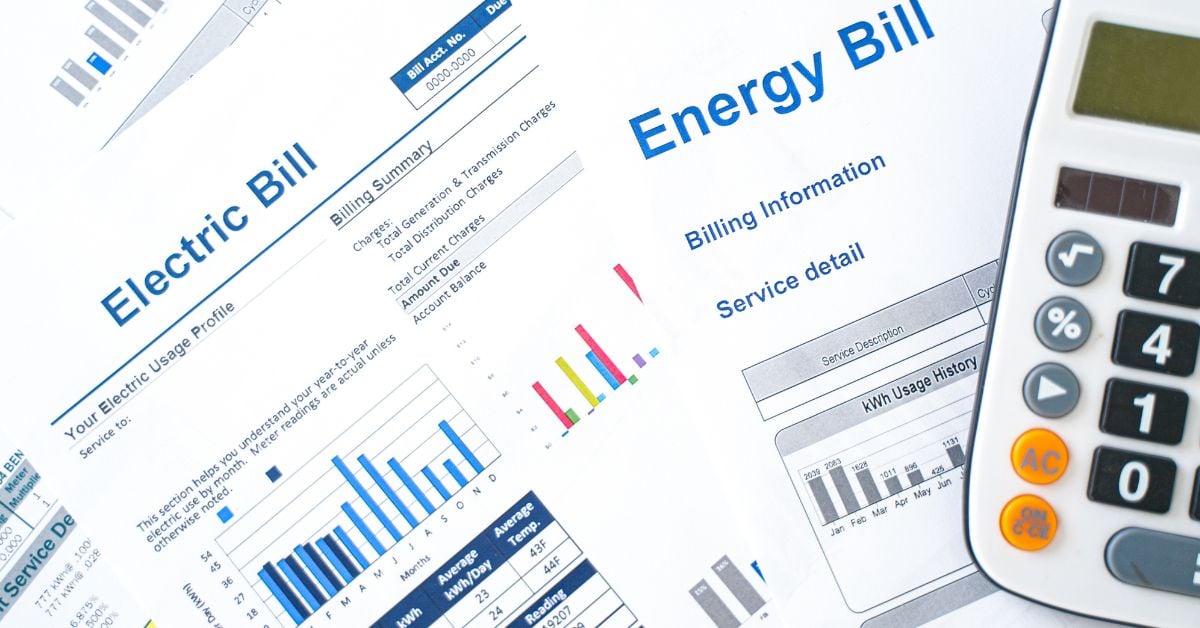
Enquire Now Call us
Why Get An Energy Efficiency Assessment?
The purpose of an assessment is to highlight where your home is wasting energy and provide recommendations on how to improve your energy efficiency, reduce your energy consumption, and lower your energy bills.
Through our EEAs we custom our recommendations to the specifics of your property, recommending services such as:
- better insulation,
- more energy-efficient appliances
- sealing gaps to prevent heat loss
We take into account any federal or state-wide incentives and rebates as well, often encouraging customers to take advantage as the most financially beneficial opportunity.
Here are some examples and their applicable guides:
Victoria’s Air Conditioning Discount – https://energymakeovers.com.au/blog/air-conditioning-discount/
Converting your Gas Heating to Electric – https://energymakeovers.com.au/blog/convert-your-gas-central-heating-to-electric/
Hot Water Heat Pumps – https://energymakeovers.com.au/blog/how-the-victorian-heat-pump-rebate-works/
In some cases, a home energy assessment can be scheduled for free, whether you’re a homeowner, landlord, renter, or real estate agent acting on behalf of an owner.
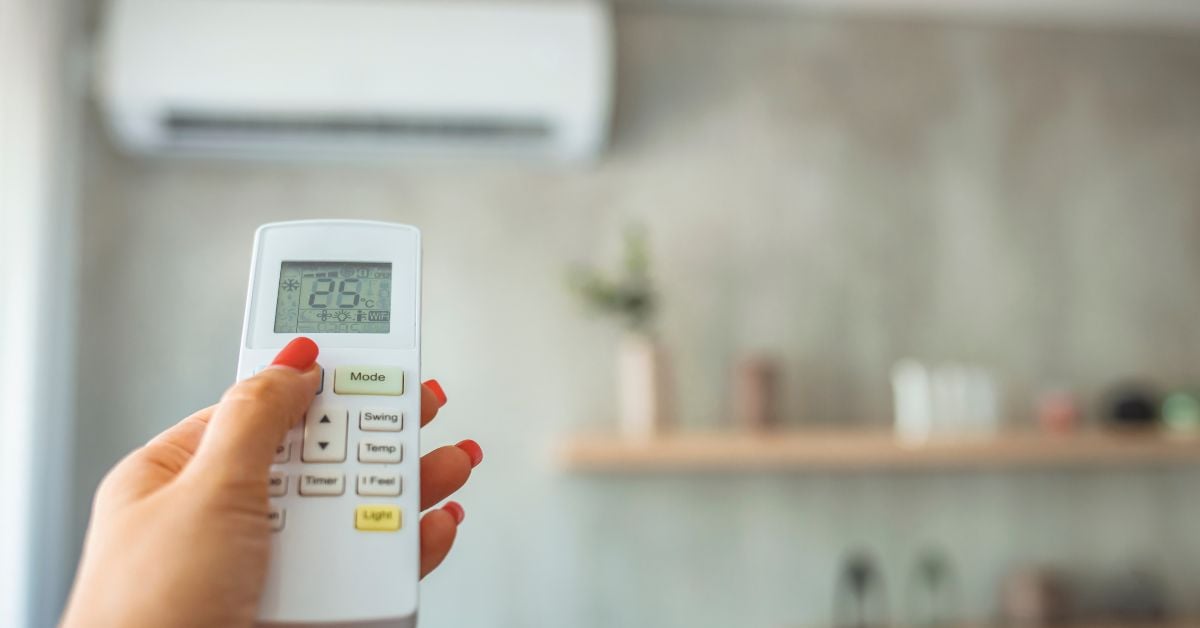
Enquire Now Call us
How an Energy Efficiency Assessment is Conducted
A home energy efficiency expert attends your property to assess the property and gather information about your energy usage and home systems.
During an on-site visit, the energy assessor inspects both the exterior and interior of your home, checks insulation, windows, doors, heating, cooling, and ventilation systems for inefficiencies.
They will test for air leaks and use thermal imaging to identify areas of poor insulation. Lighting and appliances are also evaluated for energy ratings and potential efficiencies.
After, we provide a report detailing current energy consumption, areas for improvement, and recommendations for upgrades like insulation, efficient appliances, lighting, hot water heat pumps, and more.
Basically, you’ll get to see:
- – How much energy you’re using
- – How much you could save by upgrading
- – How much those upgrades will cost
- – And how existing rebates and incentives can reduce those costs
In summation: a home energy efficiency audit!
Who Undertakes an Energy Efficiency Assessment – How are they qualified?
Energy Makeovers offers home energy assessments. Our in-house energy efficiency experts are qualified and accredited professionals. (Marina help)
They have years of experience under their belts, so they’re proficient at identifying inefficiencies and recommend cost-saving upgrades.
We’re also an Accredited Partner through the VEU program. As active participants in many of the state-wide incentives, we’re fully versed in regulations and requirements in order to ensure you get the best rebates available. Our assessors are trained to evaluate a home’s energy performance and suggest improvements. Assessors typically hold relevant qualifications such as a Certificate IV in Home Energy Efficiency and Sustainability or are accredited by recognized bodies like the Clean Energy Council.
Enquire Now Call us
How we calculate energy efficiency
At Energy Makeovers, we calculate energy efficiency by thoroughly assessing how well your home uses energy across various areas.
Our process begins by examining insulation levels in the walls, roof, and floors, checking for air leaks around windows, doors, and ductwork using tools like blower door tests.
We also evaluate the efficiency of your heating, ventilation, and air conditioning (HVAC) systems by looking at their energy rating and performance.
Appliances are assessed based on their energy consumption, with older, less efficient models identified as potential areas for improvement.
Thermal imaging cameras are often used to pinpoint areas of heat loss that are invisible to the naked eye.
Using this data, we calculate your home’s current energy usage and provide a theoretical figure should you utilise energy efficiency upgrades. This includes an estimate of the savings you could achieve after implementing our recommendations, such as upgrading insulation, sealing leaks, or replacing inefficient appliances.
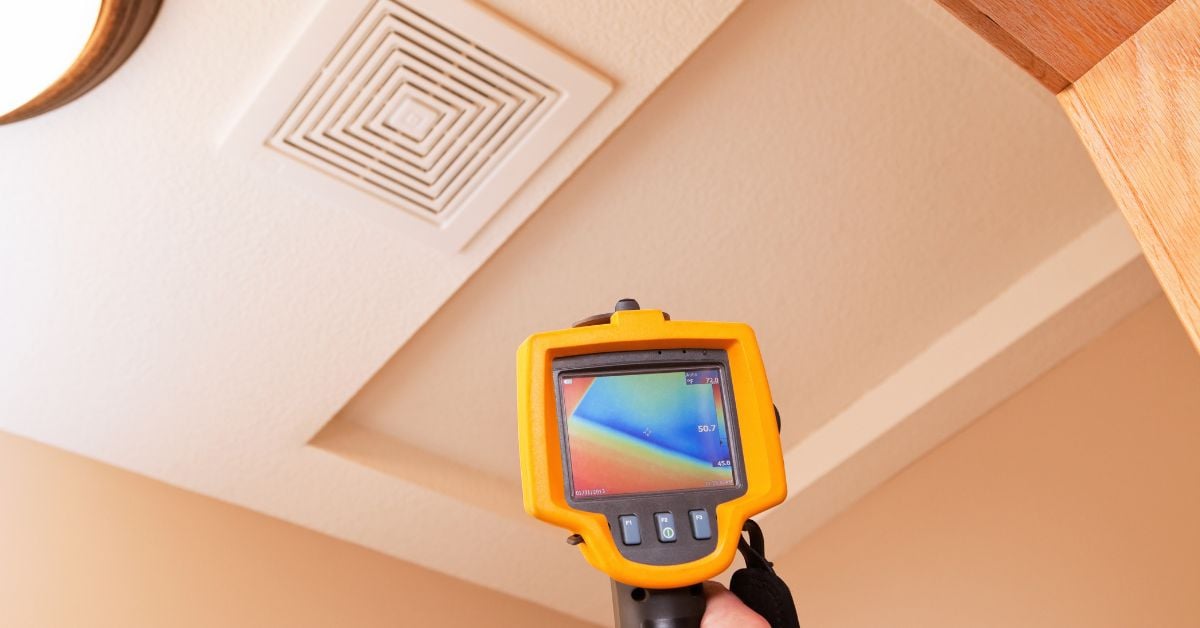
What is a Good Energy Efficiency Score?
In Australia, homes are rated using the NatHERS (Nationwide House Energy Rating Scheme), which assesses the thermal efficiency of residential buildings. We use the same energy rating system.
- A score of 6 out of 10 is considered the minimum standard for new homes, indicating good energy efficiency, meaning the home requires less energy for heating and cooling.
- A score of 7 or higher is excellent, showing that the home is highly energy-efficient and will perform better in terms of energy savings and comfort.
In the context of appliance energy ratings, a good energy efficiency score typically means a higher number of stars (e.g., 4 stars or more out of 6 or 10), which reflects better energy performance.
For a home energy assessment, a good score would be one that demonstrates a home is well insulated, has minimal air leaks, and is fitted with energy-efficient systems and appliances, leading to lower energy consumption and reduced costs.
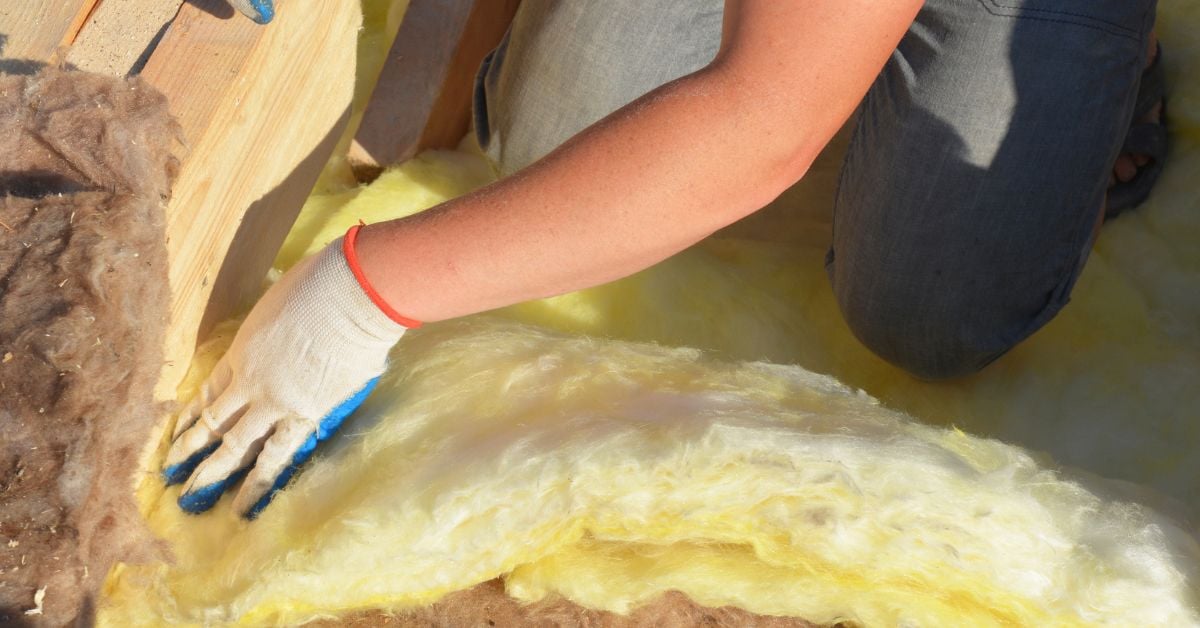
What is a Bad Energy Efficiency Score?
A score below 6 out of 10 is considered poor for NatHERS. It indicates insufficient insulation, excessive air leaks, and inefficient heating and cooling systems, requiring more energy to maintain comfortable temperatures.
For appliances, a lower number of stars, typically 1 or 2 out of 6 or 10, means the appliance is energy inefficient, consuming more electricity to operate compared to higher-rated models.
Enquire Now Call us
What is The Minimum Energy Efficiency Rating Required For a Home in Victoria?
On 26 August 2022, Victoria agreed to increase minimum energy efficiency building standards for new homes from 6 to 7 stars under changes to the National Construction Code 2022.
A 7-star rating indicates that the home has a good level of insulation and energy efficiency, meaning it requires less energy to heat and cool, providing greater comfort and lower energy bills for occupants.
Energy efficient homes are more comfortable to live in, cost less to heat and cool, and help reduce greenhouse gas emissions.
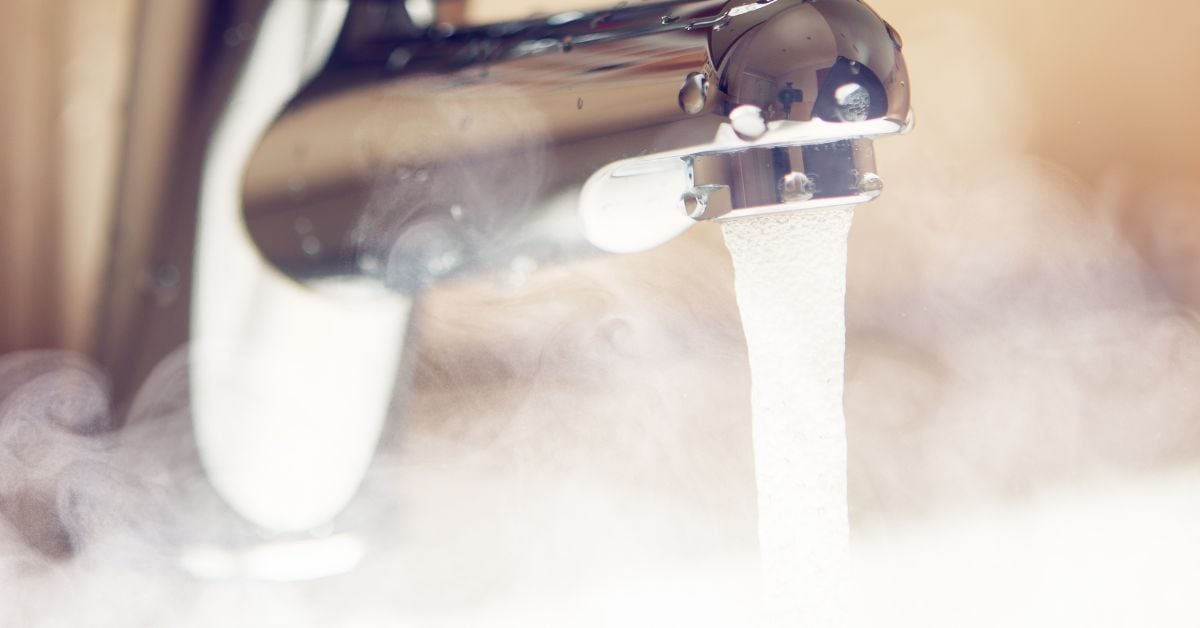
How To Improve Your Energy Efficiency Starting Now
There are small, incremental changes you can make to a home that are low-cost, such as upgrading to LEDs, replacing appliances with energy efficient ones, either now, or as they expire going forward.
These require little financial investment, planning, or significant structural or aesthetic changes to a home. Small but mighty changes.
How to Improve Your Home’s Energy Efficiency Going Forward
The next tier up would be investments in your home for the long term. Such as hot water heat pumps, insulation, double glazing, etc. These can take some time to save for, and plan and build around. In some cases, they may be most appropriate during a renovation.
The best option, is to create a plan for your property, and the fastest, and most efficient way to do that, is with an energy efficiency assessment.
If you have further questions about an energy efficiency assessment for your home, or feel ready to book one in, you can do so for FREE with Energy Makeovers.
Enquire Now Call us

